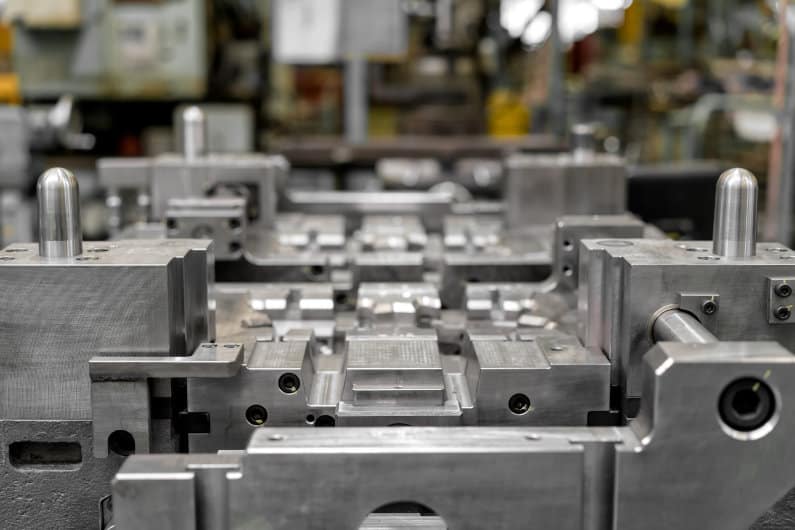Aluminum is a widely used material in various industries due to its unique properties such as light weight, high strength, and good thermal and electrical conductivity. However, aluminum is also susceptible to corrosion, which can reduce its lifespan and performance. To enhance aluminum\’s durability and corrosion resistance, aluminum conversion coating has been developed as an effective surface treatment.
Aluminum conversion coating is a process that converts the aluminum surface into a thin layer of oxide, which provides a protective barrier against corrosion and improves the adhesion of subsequent coatings or paints. The conversion coating process typically involves the use of chemicals such as chromates, phosphates, or titanium-based compounds. These chemicals react with the aluminum surface to form a layer of aluminum oxide or other metal oxide, depending on the type of chemical used.
One of the most commonly used conversion coating materials is chromates. Chromate conversion coatings are widely used in the aerospace, automotive, and electronics industries due to their excellent corrosion resistance and adhesion properties. However, the use of chromates has been restricted due to their harmful effects on the environment and human health. In response to this, alternative conversion coatings such as phosphates and titanium-based compounds have been developed.
Phosphate conversion coatings are widely used in the automotive and military industries due to their excellent adhesion properties and ability to protect against corrosion. Phosphate coatings can be applied by immersion, spray, or brush coating, and the thickness of the coating can be adjusted by controlling the concentration of the solution and the immersion time. Phosphate coatings can also be further treated with sealants or topcoats to enhance their corrosion resistance and durability.
Titanium-based conversion coatings, such as titanium oxide and titanium phosphate, are also gaining popularity due to their excellent corrosion resistance and environmental friendliness. Titanium-based coatings can be applied by spray or immersion coating, and they can also be treated with sealants or topcoats to enhance their durability. Titanium-based coatings are also suitable for aluminum alloys that are used in harsh environments, such as marine and aerospace applications.

In addition to enhancing corrosion resistance and adhesion properties, aluminum conversion coatings can also improve the appearance of aluminum surfaces. Conversion coatings can be dyed in various colors, providing additional design options for aluminum products. Conversion coatings can also be used as a pretreatment before painting or powder coating, improving the adhesion and durability of the final coating.
In conclusion, aluminum conversion coating is a surface treatment that enhances aluminum\’s durability and corrosion resistance. The use of conversion coatings can extend the lifespan and performance of aluminum products in various industries. Although chromates have been the most commonly used conversion coating material, alternative coatings such as phosphates and titanium-based compounds are gaining popularity due to their environmental friendliness and excellent properties. With the increasing demand for sustainable and durable materials, aluminum conversion coating is a promising solution for improving the performance and appearance of aluminum products.
-

- ชิ้นส่วนและส่วนประกอบกลึง CNC
-

- Magnesium alloy die-casting electric vehicle mid-mounted motor housing
-

- ชิ้นส่วนและส่วนประกอบหล่อโลหะผสมแมกนีเซียมสำหรับ e-bike
-

- หมวก Thixomolding หล่อโลหะผสมแมงเกนเซียม
-

- Magnesium thixomolding parts laptop housing cover B
-

- Magnesium alloy die casting auto parts transfer case

 0086-750-5616188
0086-750-5616188 +86 13392089688
+86 13392089688 sales@zhongmei-tech.com
sales@zhongmei-tech.com







